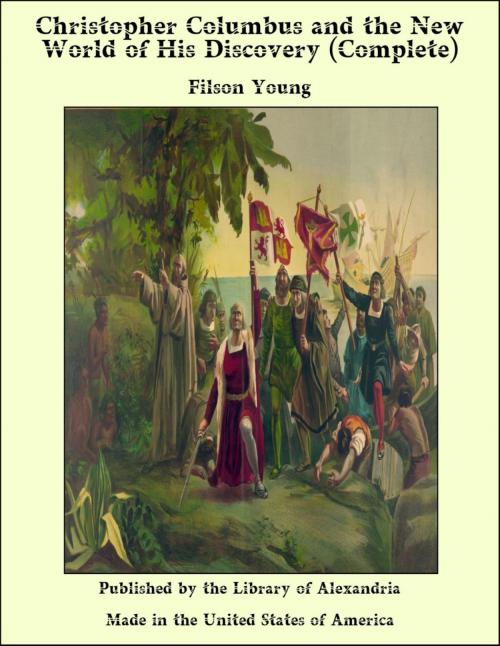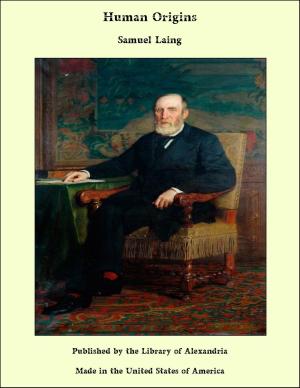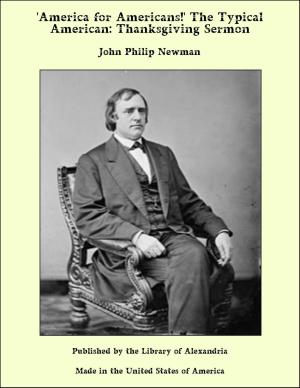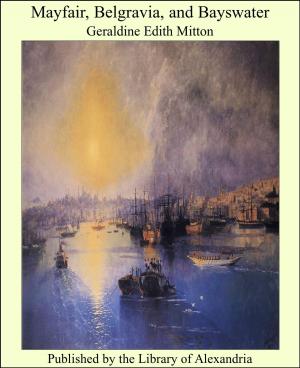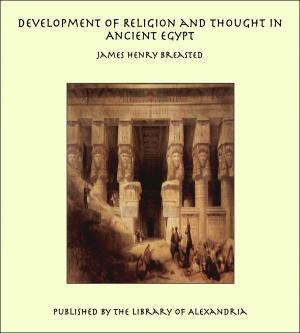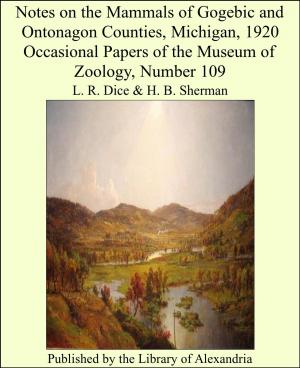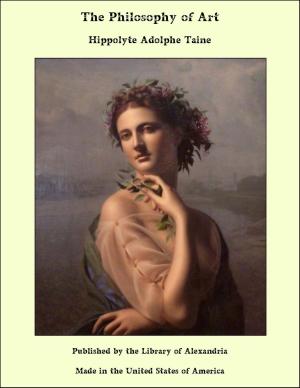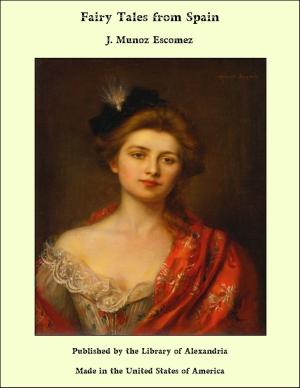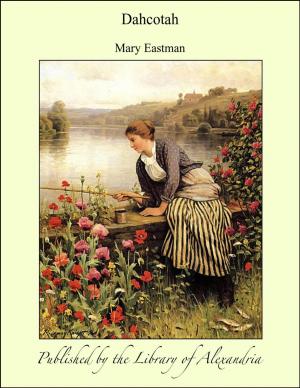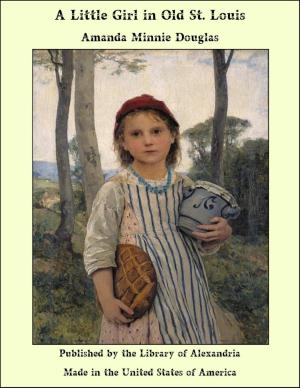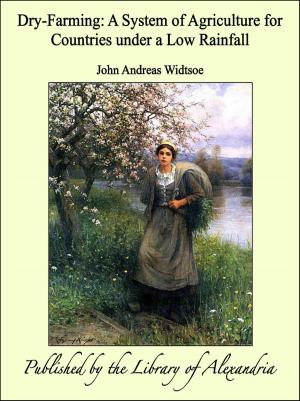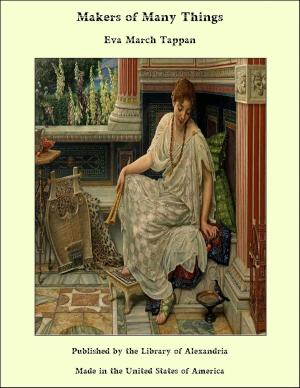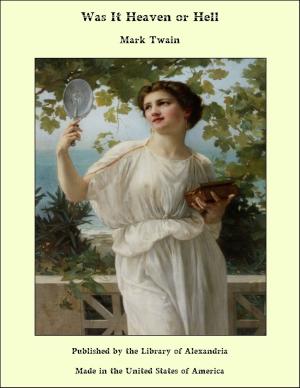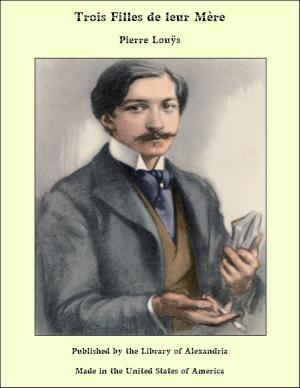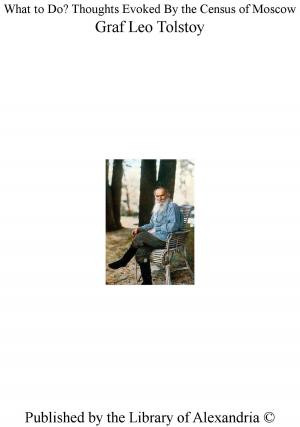Christopher Columbus and the New World of His Discovery (Complete)
Nonfiction, Religion & Spirituality, New Age, History, Fiction & Literature| Author: | Filson Young | ISBN: | 9781465511546 |
| Publisher: | Library of Alexandria | Publication: | March 8, 2015 |
| Imprint: | Language: | English |
| Author: | Filson Young |
| ISBN: | 9781465511546 |
| Publisher: | Library of Alexandria |
| Publication: | March 8, 2015 |
| Imprint: | |
| Language: | English |
The writing of historical biography is properly a work of partnership, to which public credit is awarded too often in an inverse proportion to the labours expended. One group of historians, labouring in the obscurest depths, dig and prepare the ground, searching and sifting the documentary soil with infinite labour and over an area immensely wide. They are followed by those scholars and specialists in history who give their lives to the study of a single period, and who sow literature in the furrows of research prepared by those who have preceded them. Last of all comes the essayist, or writer pure and simple, who reaps the harvest so laboriously prepared. The material lies all before him; the documents have been arranged, the immense contemporary fields of record and knowledge examined and searched for stray seeds of significance that may have blown over into them; the perspective is cleared for him, the relation of his facts to time and space and the march of human civilisation duly established; he has nothing to do but reap the field of harvest where it suits him, grind it in the wheels of whatever machinery his art is equipped with, and come before the public with the finished product. And invariably in this unequal partnership he reaps most richly who reaps latest. I am far from putting this narrative forward as the fine and ultimate product of all the immense labour and research of the historians of Columbus; but I am anxious to excuse myself for my apparent presumption in venturing into a field which might more properly be occupied by the expert historian.
The writing of historical biography is properly a work of partnership, to which public credit is awarded too often in an inverse proportion to the labours expended. One group of historians, labouring in the obscurest depths, dig and prepare the ground, searching and sifting the documentary soil with infinite labour and over an area immensely wide. They are followed by those scholars and specialists in history who give their lives to the study of a single period, and who sow literature in the furrows of research prepared by those who have preceded them. Last of all comes the essayist, or writer pure and simple, who reaps the harvest so laboriously prepared. The material lies all before him; the documents have been arranged, the immense contemporary fields of record and knowledge examined and searched for stray seeds of significance that may have blown over into them; the perspective is cleared for him, the relation of his facts to time and space and the march of human civilisation duly established; he has nothing to do but reap the field of harvest where it suits him, grind it in the wheels of whatever machinery his art is equipped with, and come before the public with the finished product. And invariably in this unequal partnership he reaps most richly who reaps latest. I am far from putting this narrative forward as the fine and ultimate product of all the immense labour and research of the historians of Columbus; but I am anxious to excuse myself for my apparent presumption in venturing into a field which might more properly be occupied by the expert historian.
